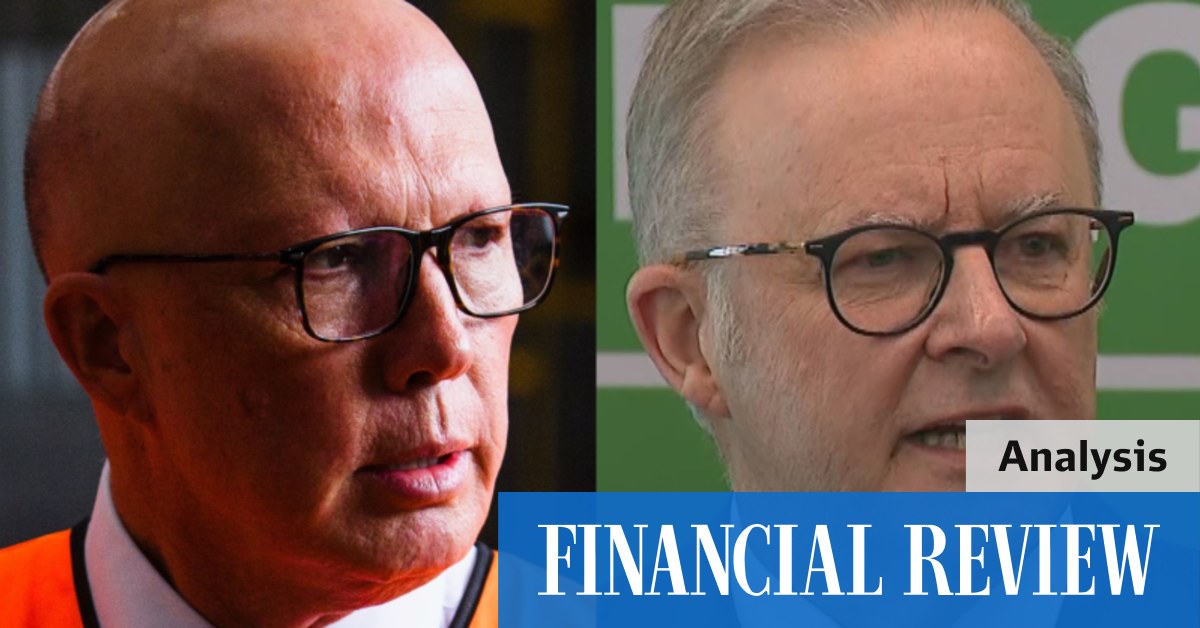Dutton vs Canberra: PM's Greens Feud Heats Up
Australia's political landscape is heating up as the feud between Deputy Prime Minister Dutton and the Greens intensifies. The ongoing clash, fueled by disagreements over climate policy and resource management, is dominating headlines and shaping the national conversation. This article delves into the key issues driving the conflict and analyzes its potential impact on the Australian government.
The Core of the Conflict: Climate and Resources
The central point of contention lies in the starkly contrasting approaches of the Liberal-National coalition, largely represented by Deputy Prime Minister Dutton, and the Greens party towards environmental issues. Dutton has consistently championed a more moderate approach to climate action, emphasizing the importance of balancing environmental protection with economic growth and the needs of resource-based industries. This stance has drawn criticism from environmental groups and the Greens, who accuse the government of insufficient action to address climate change and protect the environment.
The Greens, on the other hand, advocate for much more aggressive climate policies, including a rapid transition to renewable energy and stricter regulations on resource extraction. Their strong stance on preserving native forests and protecting endangered species frequently clashes with the coalition's focus on maximizing resource exploitation to bolster the Australian economy.
Recent Sparring and Public Statements
The recent clash over the proposed new mine in the Galilee Basin exemplifies the growing tension. Dutton publicly defended the project, highlighting its economic benefits and job creation potential. This sparked immediate condemnation from the Greens, who accused the government of prioritizing short-term economic gains over long-term environmental sustainability. The debate has spilled over into numerous media appearances, with both sides engaging in heated exchanges and accusing each other of misrepresenting the facts.
- Dutton's stance: Emphasizes economic growth and job creation, argues for a balanced approach to environmental protection.
- Greens' stance: Advocates for aggressive climate action, prioritizes environmental protection over economic development.
The Impact on the Political Landscape
This ongoing feud has significant implications for the Australian political landscape. It creates a highly polarized environment, making consensus-building on critical environmental policies challenging. The conflict is likely to impact the upcoming federal elections, with the Greens expected to leverage the issue to attract environmentally conscious voters. The ongoing debate also raises questions about the government's ability to effectively manage the country's environmental resources while also ensuring economic prosperity.
Looking Ahead: Potential for Compromise?
While the current rhetoric suggests a significant ideological chasm, the potential for compromise remains. Finding common ground would require both sides to acknowledge each other's concerns and engage in constructive dialogue. However, the deep-seated disagreements on fundamental principles make a swift resolution unlikely. The coming months will be crucial in determining whether the two sides can find any common ground or if the conflict will continue to dominate the political narrative.
Conclusion: The Dutton-Greens feud is a reflection of the broader debate on Australia's future – balancing economic progress with environmental stewardship. This ongoing political battle is far from over, and its outcome will significantly shape the nation's environmental policies and political landscape for years to come.
Keywords: Dutton, Greens, Canberra, climate change, environmental policy, Australian politics, resource management, political feud, Galilee Basin, federal election.

